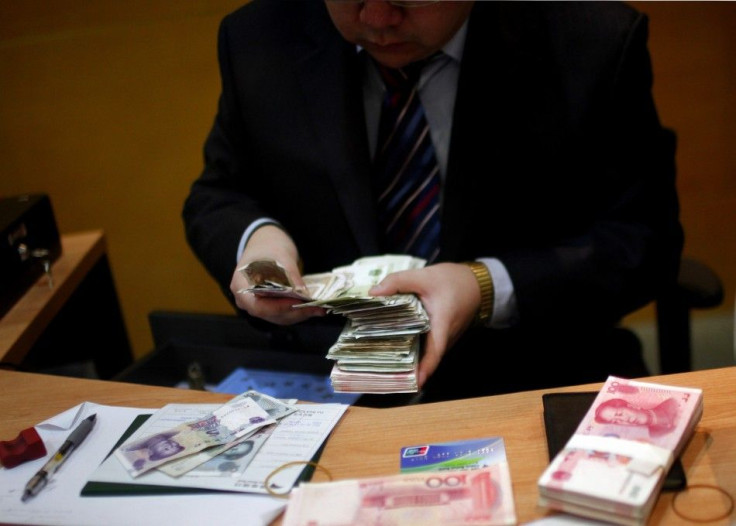US trade deficit hit $40.6 billion in December

The US trade deficit of goods and services rose to $40.6 billion in December compared with a deficit of $38.3 billion in November, the Commerce Department said on Friday.
Markets had expected the US trade deficit to increase to $40.7 billion in December.
While the exports from the US increased by $2.8 billion to $163 billion in December month-on-month, imports went up by $5.1 billion to $ 203.5 billion. However, the US trade deficit in December was $3.5 billion higher compared with the same month last year.
A large part of increase in exports for the month of December came from $1.5 billion rise in exports of capital goods. The increase in December imports was largely due to $5.2 billion rise in imports of industrial supplies and materials.
Also, the US trade deficit with China fell to $20.7 billion in December from $25.6 billion in November, while deficit with OPEC increased to $8.3 billion, up from $7 billion.
Senators Olympia Snowe (R-Maine) and Sherrod Brown (D-Ohio) on Thursday introduced a bill that seeks to punish China’s undervalued currency with import tariffs.
Titled Currency Reform for Fair Trade Act of 2011, it will give US businesses the ability to petition the Commerce Department to levy duties on Chinese goods that are cheaply sold, to their detriment, in the US market.
Brown acknowledged that China has been taking tentative steps in appreciating the yuan, but he thinks the pace isn’t fast enough and the bill would “level the playing field for American manufacturers and speed up our economic recovery.”
Overall, the US trade deficit in 2010 rose to $497.8 billion, up $122.9 billion compared with $122.9 billion in 2009.
© Copyright IBTimes 2025. All rights reserved.





















